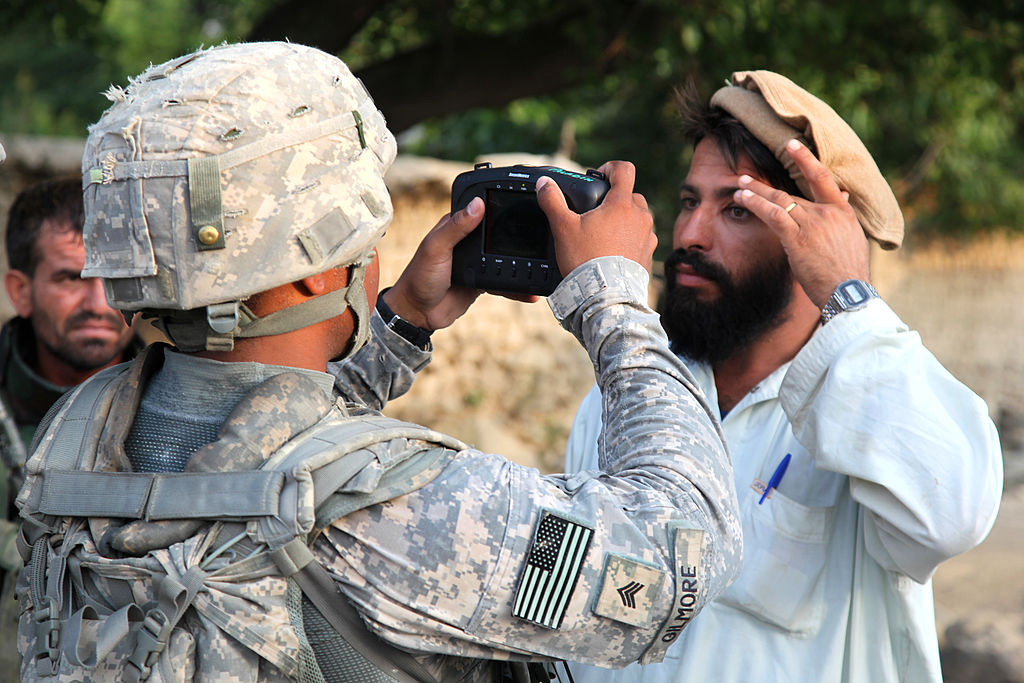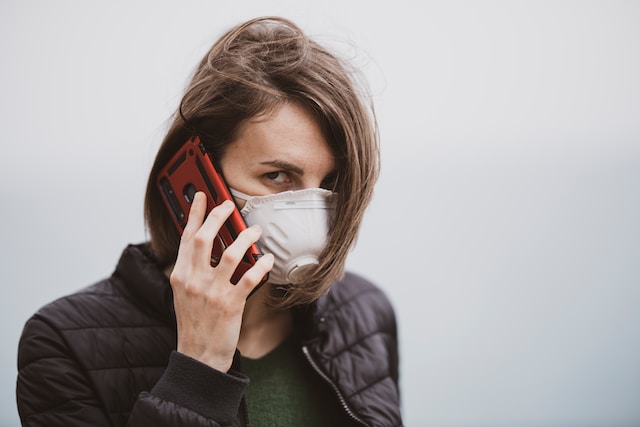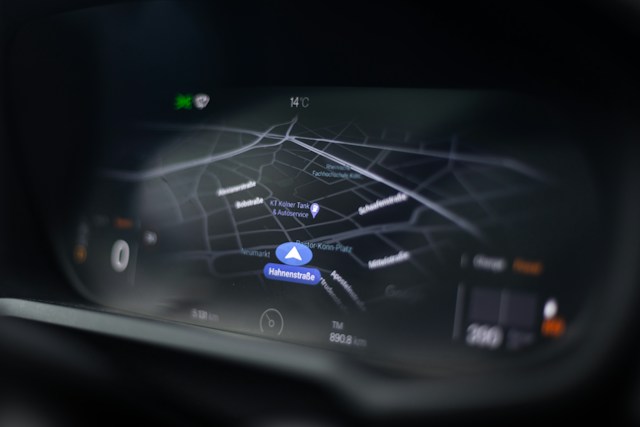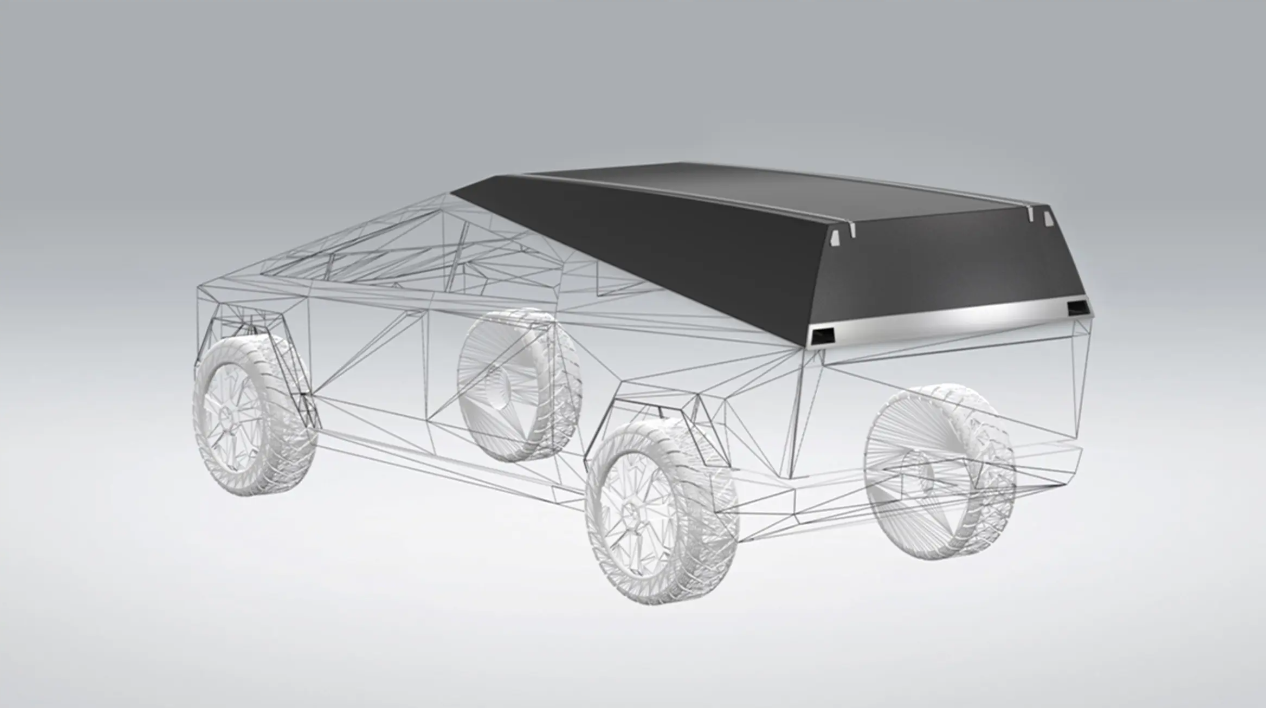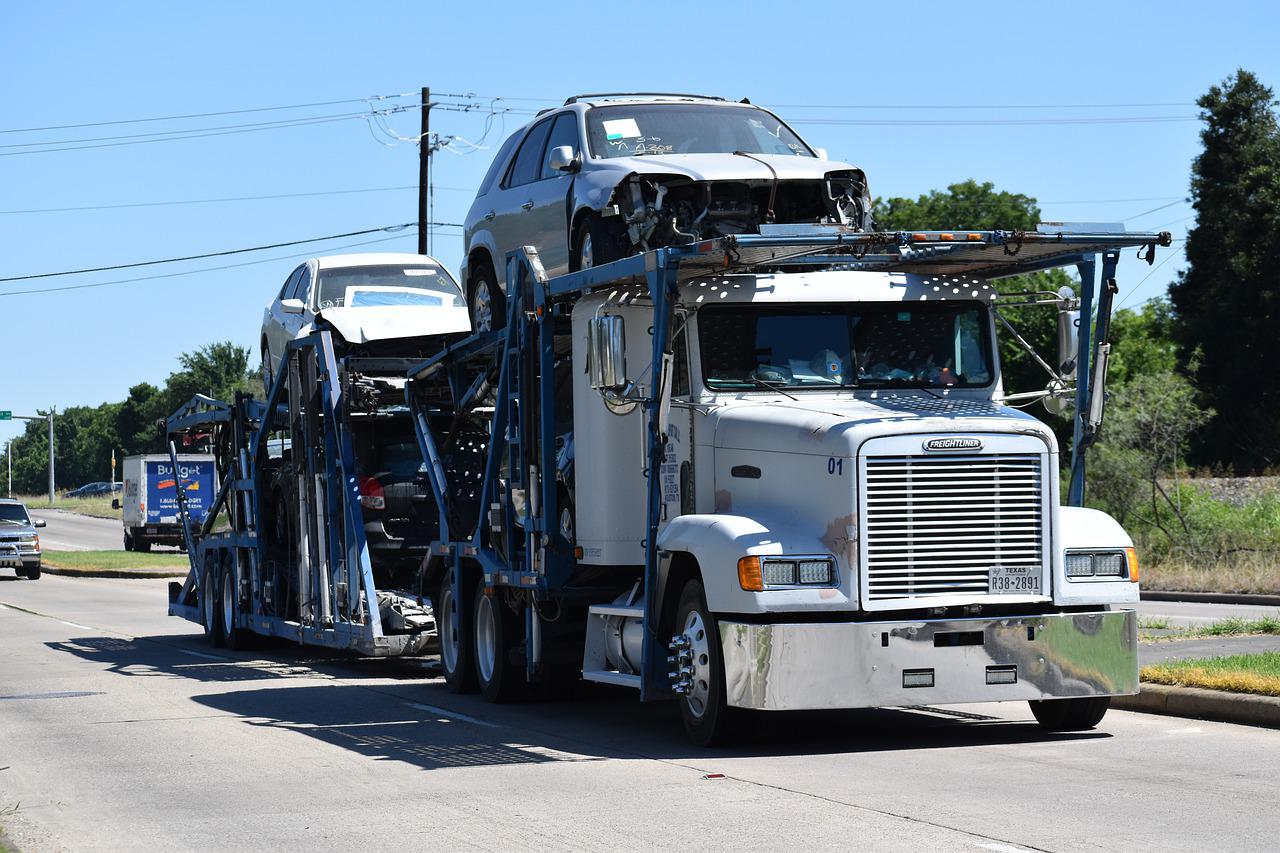IndustryTap has reported on biometrics in “New Biometric Platforms Help Developers Deploy Better Solutions” and “If Biometrics Can Prevent Civil War, What Else Can it Do?” Clearly, biometric systems are ready for primetime and are being deployed around the world in a variety of settings including banks for ATM withdrawals.
Biometric Retinal Scans Improving Travel Safety
Retinal scan technology is becoming more sophisticated and dependable. The irises of each human being are unique to each person, like fingerprints, and can identify people with 100% accuracy.
Cairo Airport in Egypt, for example, will soon spend millions on a new security system with retinal scan technology. This technology is a condition Russia has placed on the resumption of flights to Egypt after the suspension of flights after last year’s terrorist attack on a Russian airliner that crashed in Egypt’s Sinai Peninsula killing all 224 people on board.
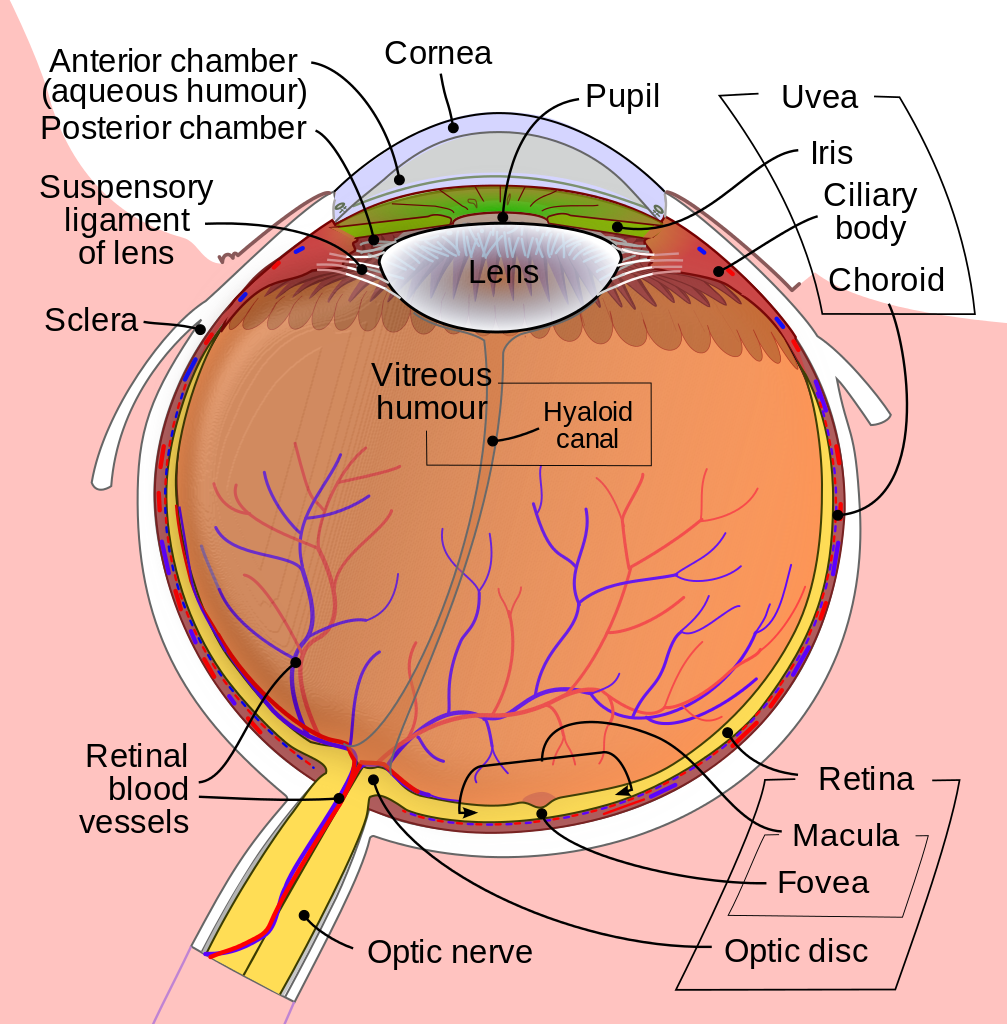
Retinal Scan of Human Eye (Image Courtesy https://commons.wikimedia.org/wiki/File:Schematic_diagram_of_the_human_eye_en.svg#/media/File:Schematic_diagram_of_the_human_eye_en.svg)
In addition to improving safety, retinal scan technology also cuts down on long lines at airports and reduces pre-boarding stress. And in airports that have up to 20,000 employees in various capacities, a retinal scan system can keep unauthorized people out of sensitive areas where luggage and equipment can be tampered with.
At the same time, in the US at Detroit’s Metro Airport, travelers are now having their identity validated using knowledge-based quizzes, biometrics, and retinal image iris scans.
The following video explains how retinal scans might also be highly effective in detecting brain diseases including Alzheimer’s.

